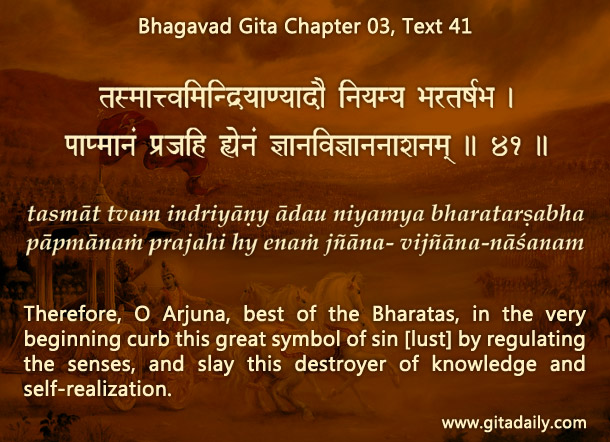Many people think of history as a subject of academic interest or as a personal hobby for some individuals. Not many consider history as something that affects their daily life. While it’s true that what happened 10, 50, or even 100 years ago—let alone a thousand years ago—doesn’t seem to immediately affect us, certain elements of our history live on in our society. These influences are present in how the government functions, in the culture around us, and in the ways our choices are either facilitated or obstructed by societal structures.
We may become more aware of how history shapes us through subtle external influences only when we visit places with radically different histories, where social influences on individual choices vary significantly. For instance, the history of the Middle East has shaped the range of choices available to people there, whether in terms of religious practices or lifestyle options, while the history of the United States has shaped its residents’ range of choices in religion and lifestyle.
Though understanding history’s effect on us as members of society may be difficult, understanding the influence of our personal history on our present choices, independent of the larger political society, can be even tougher. Our choices from the past create impressions in our minds. These impressions, often called samskaras, are not just passive alterations of our inner landscape, like ruins of an ancient fort that remind us of a medieval raid by a despotic invader. Rather, these impressions are active agents that impel us toward certain choices—sometimes even without our consent and sometimes against our intentions.
In this sense, the impressions within us are more like descendants of former colonizers who still have influence over our government, restricting the choices available to citizens. The more organized, present, and potent these inner impressions are, the more we need to stay alert to the possibility of being ambushed by them.
In dealing with our past and its influence on our present, we need to avoid two extremes. One extreme is to unquestioningly act on whatever impulses arise within us, presuming that these impulses reflect our true desires. This approach allows our identity to become reduced to and equated with the scars from our past. Such people who have been victimized by an unfortunate habit may see themselves as victims, allowing themselves to remain trapped. Due to a lack of historical awareness, they may not consider that entire aspects of their personality and identity might be hidden or buried under the influence of these impressions.
While avoiding the extreme of over-identification with our impressions, we must also avoid the opposite extreme: believing these impressions are so hostile and formidable that any attempt to resist them is a hopeless, even suicidal mission. This is like a subdued populace under an invading power, resigned to living in perpetual fear, with no hope of restoring their former culture.
Though the influence of past impressions may be substantial, it is not insurmountable. The Gita cautions in 3.37 that self-defeating influences exist within us, which can be vicious and voracious, affecting different individuals to varying degrees. As indicated metaphorically in 3.38, the Gita offers a two-pronged strategy of sensory regulation (3.41) and intellectual redirection toward the spiritual (3.43) as a means to combat and conquer these inimical inner influences.
These specific strategies, which can be elaborated elsewhere, reflect the underlying principle that by understanding our personal history, we gain insight into why we tend to behave as we do and what is possible for us if we wish to break free from the unhealthy influences of our past. By acknowledging that our history does indeed shape our behavior and by appreciating the strategies that can help us counter these unhealthy influences, we can all create a better life for our future that is no longer burdened by past impressions.
Summary:
- As a community, we are all shaped by history, influencing the governmental and cultural norms that affect our choices.
- Individually, we are affected by our personal past, as it lives on in our minds as active impressions that impel us toward certain choices with varying degrees of force.
- By adopting twin strategies of sensory regulation and intellectual redirection, we can combat and conquer the malefic influences of our past and build a better future for ourselves.
Think it over:
- Contemplate how your social history affects the range of your choices.
- Contemplate how your personal history impels you to particular kinds of behavior and list at least three such behaviors.
- Contemplate how you can use the twin strategy of sensory regulation and intellectual redirection to break free from the impressions of your past.
***
03.41 Therefore, O Arjuna, best of the Bhāratas, in the very beginning curb this great symbol of sin [lust] by regulating the senses, and slay this destroyer of knowledge and self-realization.


Leave A Comment